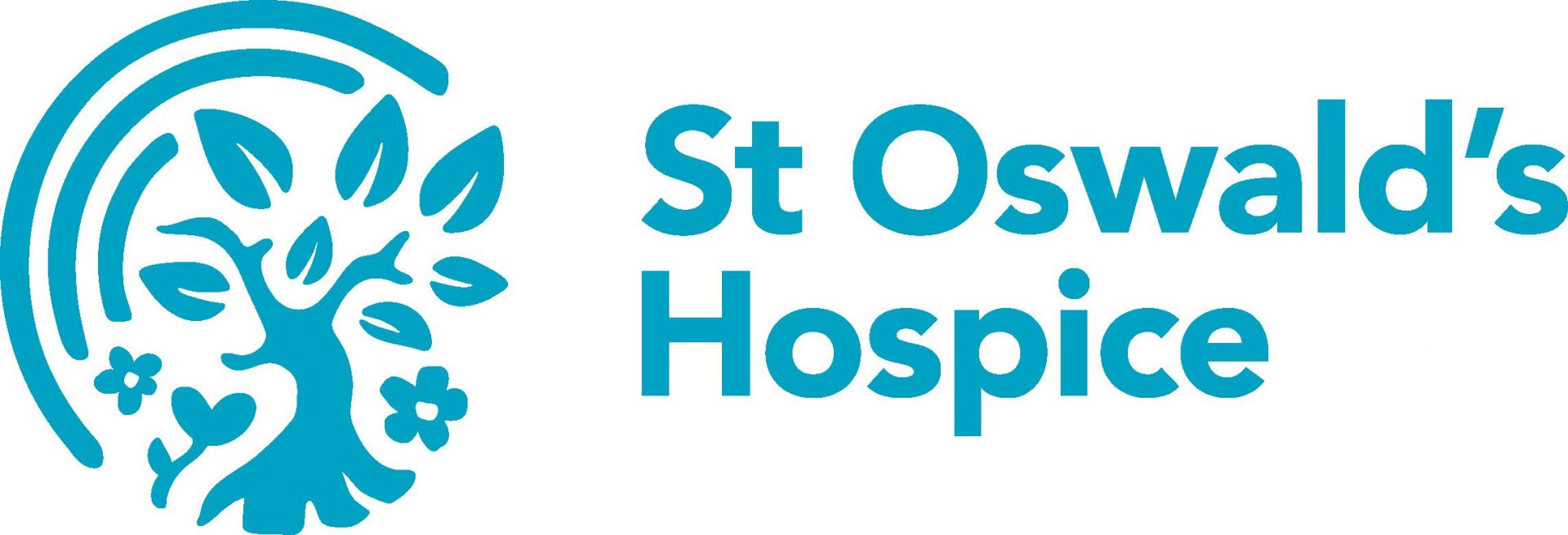Research project - Motor Neurone Disease - Occupational Therapy (MND - OT) Study
Experiences and decision-making processes leading to premature withdrawal from important occupations in Motor Neurone Disease (MND): co-production of a novel Occupational Therapy Intervention to promote occupational engagement
Motor Neurone Disease (MND) is a neurodegenerative disease that affects the brain and spinal cord. It can impact movement, speech, swallowing, breathing and, in some people, thinking and behaviour.
MND is a life shortening disease and advanced-care planning is essential to support decisions about equipment and adaptations for care, feeding and ventilation (breathing aids).
Occupational Therapists (OTs) play an essential role in the care of people with MND and their families.
They can support with home adaptations and/or essential or assistive equipment, known as ‘occupations’. Such interventions have been shown to extend patients’ lives and enable them to live more comfortably.
However, important occupations and assistive equipment can cause some patients with MND to experience extreme anxiety and claustrophobia. This can result in their premature withdrawal.
This study, co-led by Dr Lisa Bushby, Senior Occupational Therapist at St Oswald’s Hospice, looks to improve understanding of this phenomenon and enable OTs to intervene and better support people with MND experiencing these symptoms.
Dr Helen Close, Senior Research Methodologist at Newcastle University and Dr Lisa Bushby, Senior Occupational Therapist at St Oswald’s Hospice
2024
The overall aim of this research is to improve the quality and length of life for people with MND via occupational therapy-led interventions that optimise the use of assistive equipment.
The research also has the potential to help OT care with people diagnosed with other palliative conditions.
The objectives of this study are:
- To develop a North East multi-agency network of patients, families, and professionals with a commitment to improving the lives of people with MND through research. This network will be key to the delivery of all planned work packages.
- To uncover and examine the tacit process of premature withdrawal of important occupations and assistive equipment from the viewpoint of multiple stakeholders.
- To co-produce an occupational therapy intervention for early use at the point of MND diagnosis. This will be tested in a subsequent study.
This study, supported by multi-stakeholder involvement, will explore existing research on anxiety and claustrophobic symptoms among those people with MND.
This will support evidence generation via interviews, focus groups, note reviews and surveys.
